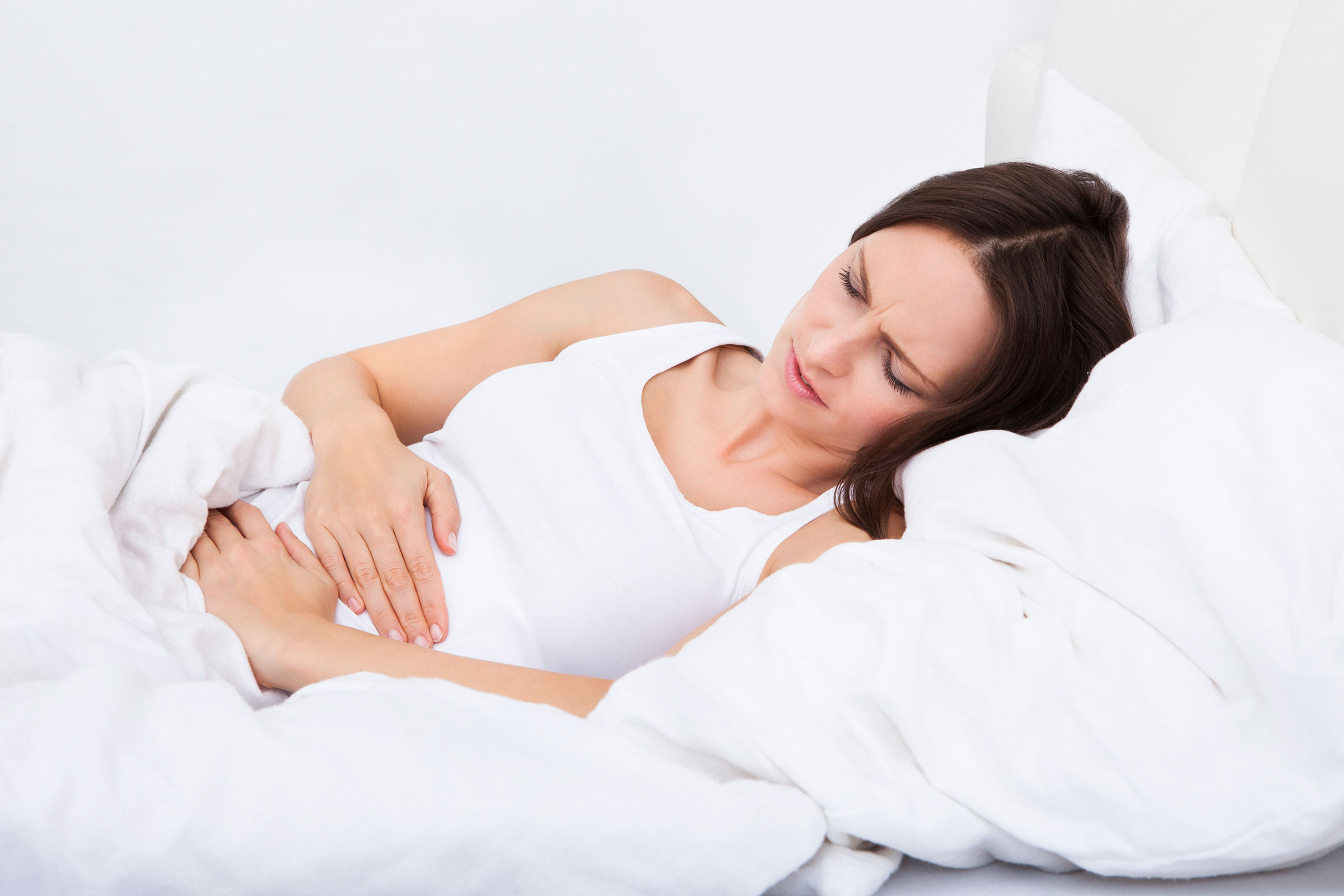Endometriosis could be the reason you cannot get pregnant. Do you have the following symptoms?
- general pelvic pain, even when not menstruating
- painful periods
- painful intercourse
- heavy periods or spotting between cycles
- irregular cycles
- painful urination and bowel movements, especially during your period
One of the more distressing aspects of endometriosis is the increased risk of infertility. Even women who experience no outward symptoms may only learn they have endometriosis during the course of an infertility evaluation.
For most women and during their usual cycle, the lining in their uterus will thicken in preparation for an embryo. If pregnancy doesn’t occur, the lining breaks down and is shed during menstruation. That lining is called the endometrium.
So endometriosis is when the lining will grow beyond the uterus. This overgrowth of tissue primarily forms in the pelvic region on or around the ovaries. It can also develop less commonly near the rectum, vagina, fallopian tubes, or even in the urinary or gastrointestinal tracts. In rare instances, it may form in farther reaches of the body, including in the lungs, arms, or thighs. Even though this tissue overgrowth is well outside of the uterus, it is still governed by the same hormonal changes of the menstrual cycle. So it will thicken, break down, and bleed. Yet, unlike the endometrial lining of the uterus, these tissue deposits can’t be expelled vaginally. Instead, they builds up over time and forms cysts, adhesions, and scar tissue.
Doctors are not entirely certain how endometriosis causes infertility. However, endometriosis is thought to be involved in 30 percent of infertility cases. While it might be fair to assume that the development of adhesions and scarring can directly interfere with conception, infertility can result even in women where there is no obvious obstruction.
The following problems with fertility may occur with endometriosis:
- Endometrial overgrowth around the ovaries may prevent an egg from entering the fallopian tubes.
- Endometrial overgrowth in the ovary may prevent ovulation from occurring.
- Endometriosis may form inside the fallopian tubes, preventing the egg and sperm from meeting.
- Women with endometriosis have low levels of human chorionic gonadotropin (hCG), a hormone vital to maintaining pregnancy.
- Endometrial cysts produce chemicals and other substances that lower the density of ovarian follicles from which mature eggs are released.
- Endometriosis can make sexual intercourse painful, if not unbearable, in some women. Moreover, the pain tends to only worsen during ovulation.
You may be wondering what can be done to treat endometriosis and help you with the resulting infertility. The following treatments are performed at Midwest Fertility Center:
- Laparoscopic surgery can be used to remove endometrial overgrowth while retaining ovary function. During laparoscopy, the physician may chose to surgically remove endometrial lesions.
- Another treatment option is the administration of Gonadotropin-Releasing Hormone Agonists (GnRHa), which can be performed in conjunction with surgical intervention or on its own.
- In vitro fertilization (IVF) may be an option for some women without the need to undergo laparoscopic surgery. It others, it may be used in conjunction with surgery.
- Intrauterine implantation (IUI), along with fertility drugs, may also be considered an option for women with mild to moderate endometriosis.
Laparoscopic surgery is not just a treatment. It is used to diagnosis endometriosis. While severe pain during menstruation and sexual intercourse can be an indication that endometrial growths are present, one of the most accurate methods of detecting endometriosis is through diagnostic laparoscopy performed at one of our Chicago or Northwest Indiana centers.
Laparoscopy is a minor surgical procedure in which a tiny camera is placed through an incision in the abdomen, allowing the surgeon to clearly view the pelvic and abdominal organs and check for endometrial growths. Knowing the extent of a patient’s endometriosis is important for creating an appropriate and effective treatment strategy.
We have highly trained doctors who specialize in treating endometriosis symptoms at our Chicago and Northwest Indiana clinics. If you suffer from chronic pelvic pain and have been unable to get pregnant, we recommend that you contact Midwest Fertility Center to arrange a consultation with a member of our team as soon as possible.
Our medical staff is also available to answer your questions at 1-800-244-0212.
Ready to get started? Book a consultation.

